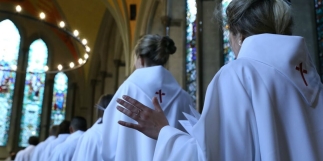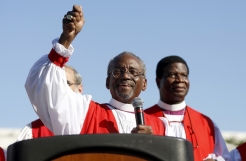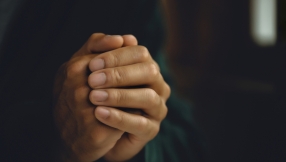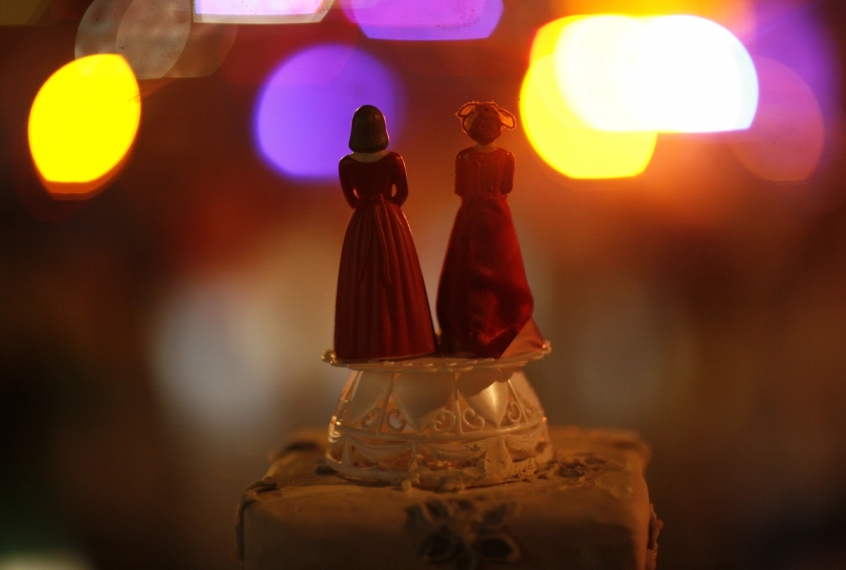
The Anglican Church of Canada is not now expected to change its law this summer to allow gay marriage, the bishops have admitted.
Canada's bishops are unlikely to give the two-thirds majority needed to agree changes to the marriage canon at the Church's General Synod in July.
The realisation that the change to marriage doctrine does not have enough support in the leadership has led to some bishops being "mortified and devastated".
The pull-back comes weeks after the Anglican Primates met in Canterbury in January when The Episcopal Church of the US had "consequences" imposed for its own approval of gay marriage and the consecration of gay bishops.
The primates also warned against "possible developments in other provinces", thought to be a reference to similar penalties being recommended against Canada if it went down the same road. The Anglican Church of Canada already allows blessings for same-sex couples and was expected to change the law to allow gay marriage later this year.
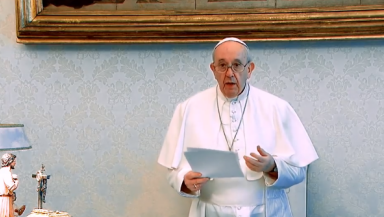
In a statement from a special meeting of Canada's Order of Bishops released on Monday, general secretary Michael Thompson said the bishops had spent a "considerable amount of time" discussing the theology of marriage and their episcopal role and responsibilities as chief pastors and as guardians of the Church's faith, order and unity.
The meeting began with a "moving and intimate" account by Archbishop Fred Hiltz, primate of the Anglican Church of Canada.
They also explored "deep differences" between them on the matter of changing the Church's teaching on marriage.
"In our exploration of these differences it became clear to us that the draft resolution to change the Marriage Canon to accommodate the marriage of same-sex partners is not likely to pass in the Order of Bishops by the canonical requirement of a two-thirds majority in each Order. Some of us talked of being mortified and devastated by this realisation," Thompson said.
Speaking on behalf of the bishops, he continued: "We have been conscious that the presence of this motion has brought distress to some, and we acknowledge the deep pain that our statement will cause both within and beyond the Church. And we are all saddened that we do not seem capable of unity on this issue. Nevertheless we are committed to work toward the deeper unity for which Christ died, and we pray daily that God would mend our divisions. Our hope is not in ourselves, but in Christ, and so we are committed to staying together that we might witness the miracle of our healing."
Dean Peter Wall, of the General Synod planning and agenda team, said the bishops' statement had not put an end to the marriage canon process.
"I do not believe that the work of the General Synod can be pre-empted by a meeting of the House of Bishops alone," he said. "It is when they meet as the Order of Bishops, in conversation with the Orders of Clergy and Laity, that bishops participate in the shared responsibility of all members of the General Synod to take a decision on this matter."










